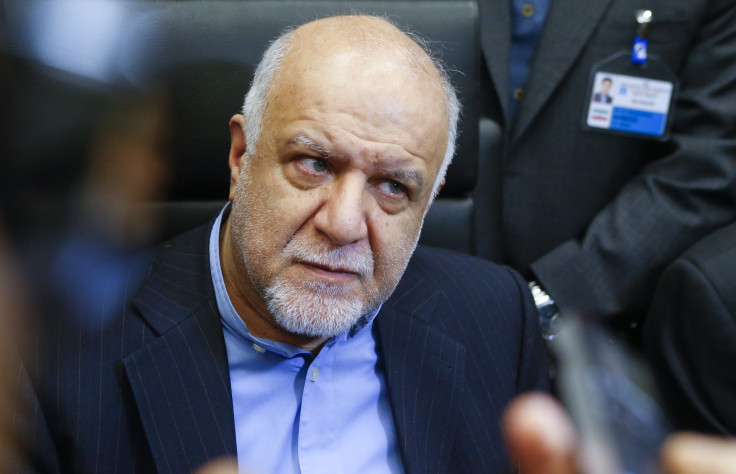Japan Climbs, Leading Asian Stocks Higher As Iran Statement Lifts Oil, US Shares

Asian shares rose on Thursday after Iran said it supported other countries' plans to boost oil prices, even if it didn't say it would participate, and U.S. stocks rose a third day, their longest winning streak this year.
Japan's Nikkei 225 rose 2.8 percent, South Korea's KOSPI 200 1.3 percent and Australia's ASX 200 1.5 percent. Singapore's STI fell 1.2 percent
In the U.S., the Dow Jones Industrial Average rose 1.6 percent, the Standard & Poor's 500 1.7 percent. The Nasdaq composite climbed 2.2 percent.
Iran oil minister Bijan Zanganeh met in Teheran with his counterparts from Saudi Arabia, Russia, Qatar and Venezuela and said a "ceiling" on oil production would be a first step toward stabilizing prices. Oil's 70 percent fall from over $100 in mid-2014 has hurt oil producing companies and countries and their many suppliers around the world, helping fuel recent global market turmoil and economic uncertainty.
The Iranian minister didn't say his country would join in cuts. In fact, another official said Iran would stick to its plan to boost production to recapture market share lost during economic sanctions that ended last month. But what he said was enough to boost the world crude oil benchmark by $2.32, or 7.2 percent, to $34.50 a barrel while the U.S. benchmark rose 5.6 percent to $30.66 a barrel.
Also on Wednesday, reports showed U.S. factory output rose last month by the most since July and wholesale prices increased unexpectedly, indicating businesses are optimistic.
"Oil continues to directionally trade with equities and oil prices are higher, and more important, economic data recently has been better than feared," said Jason Ware, chief investment officer at Albion Financial Group in Salt Lake City, as Reuters reported.
One fund manager said stock prices are recovering after recent declines made them cheap, but that there continues to be downward pressure on them, including the Federal Reserve raising interest rates again and China's economic slowdown.
“The recent pullback in valuations has made risk assets and equities more attractive than they were coming into the end of the year,” said Stephen Wood, who helps manage $237 billion as chief market strategist for North America at Russell Investments in New York, as Reuters reported. “For asset managers, that provides an opportunity. Volatility is likely to remain -- valuations have come down, but fundamentals have not radically changed. Oil is still showing weakness, the Federal Reserve is still in play, the U.S. looks to be doing OK and China is growing at a slow rate.”
© Copyright IBTimes 2025. All rights reserved.





















